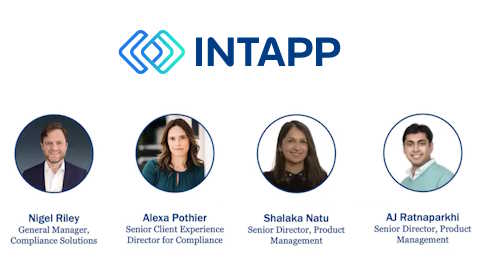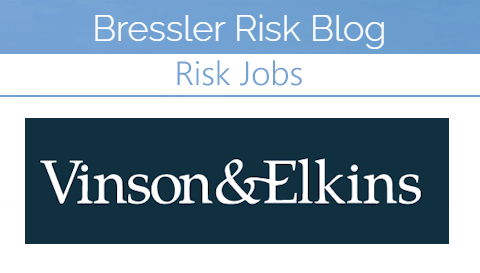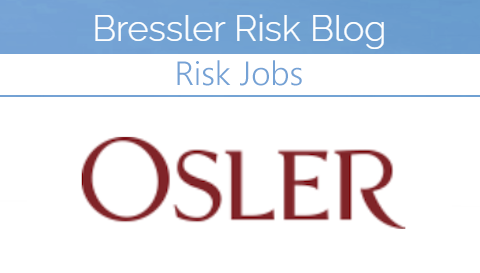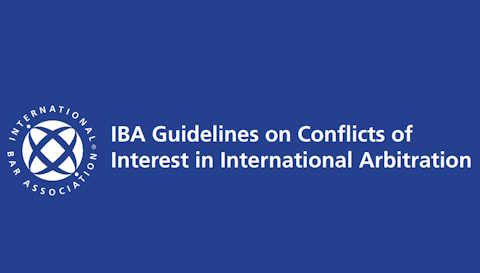In this BRB jobs update, I’m pleased to highlight an open role at Vinson & Elkins: “Conflicts Attorney” with unique listings online for their open locations: Dallas, Houston, and Austin —
- This position will be joining the Firm’s growing Conflicts Department, and primarily responsible for analyzing, resolving, and documenting conflicts of interest issues, related compliance issues, and conducting new client background research.
Primary Duties and Responsibilities:
- Create and analyze conflicts reports and identify and resolve potential ethical or business conflicts issues relating to new business, lateral attorneys, new staff, and marketing initiatives
- Draft conflicts waivers and ethical walls as needed to resolve potential conflicts of interest
- Advise attorneys regarding ethical obligations relating to conflicts of interest and other issues covered by the Rules of Professional Conduct
- Assist attorneys and secretaries in understanding the firm’s conflicts and business intake policies and procedures.
- Facilitate intake processes on behalf of attorneys as necessary
- Conduct background research on new clients
- Perform legal research and prepare memoranda relating to professional responsibility and risk management
- Provide on-call coverage for after-hours, weekend, and holiday emergency conflicts checks as scheduled
- Perform related duties as assigned
Position reports directly to Sr. Director of New Business Intake & Conflicts – position has no subordinate staff
Knowledge/Experience:
- Three or more years of relevant professional experience working in a law firm conflicts environment – big firm experience preferred.
- Position requires a working understanding of large law firm processes and procedures as well as a general familiarity with various practice areas handled by the firm.
- A working understanding of the Rules of Professional Conduct and ethics law and opinions relating to conflicts of interest is critical.
Skills:
- Attention to detail, and ability to work with autonomy while making sound judgments
- Effective time management and the ability to independently prioritize and manage multiple job assignments simultaneously
- Excellent communication and interpersonal skills; Strong customer service skills and ability to interact effectively with a broad range of people in a professional manner
- Experience with legal writing and research
- Collaborative mindset and ability to work as part of a larger team
See the complete job posting [separate entries for Dallas, Houston, and Austin] for more details on the job requirements and to apply for this position.
Learn more about working at the firm on their careers page:
- Vinson & Elkins’ business professionals provide high quality client service and support to the various practice groups and are the building block to the success of the firm. We promote an environment where we value and respect each team member’s contribution.
- Opportunities for training and development allow our business professionals to continue to enhance their skills so that they can continue to grow in their current position or seek other positions within the firm.
- Our outstanding work environment, competitive salaries and comprehensive benefit package, has resulted in many long-tenured employees.
And if you’re interested in seeing your firm’s listings here, please feel free to reach out…










